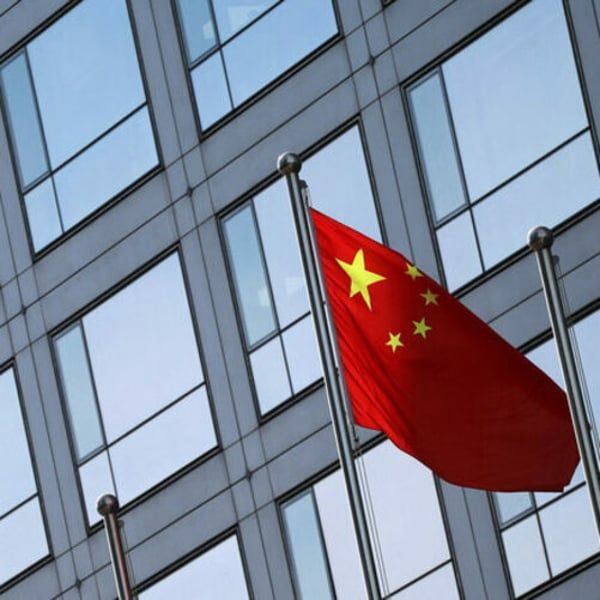By
Reuters
Published
October 18, 2024
China's economy is expected to have slowed in the third quarter, dragged down by a prolonged housing crisis and weak consumption, keeping pressure on authorities as they consider more stimulus measures to revive growth.
Data released on Friday is expected to show the world's second-largest economy grew 4.5% year-on-year in July-September, slowing from 4.7% in the second quarter and hitting the weakest pace since the first quarter. 2023, according to a Reuters survey.
Beijing will report the latest figures at a time when authorities have begun to sharply increase stimulus measures in an effort to ensure the economy meets the government's 2024 growth target of around 5%.
The Reuters poll showed that China's economy is likely to expand 4.8% in 2024, below Beijing's target, and that growth could cool further to 4.5% in 2025.
China's economy has seen uneven growth this year, with industrial production outstripping domestic consumption, stoking deflationary risks amid the housing crisis and rising local government debt.
Authorities, which have traditionally relied on investment in infrastructure and manufacturing to boost growth, have pledged to shift focus toward stimulating consumption, but markets are awaiting more details on a planned fiscal stimulus package.
On a quarterly basis, the economy is forecast to have expanded 1.0% in the third quarter, compared with 0.7% growth in April-June, the survey showed.
GDP data will be released on Friday at 02:00 GMT. Separate data on activity for September is expected to show a mixed picture, with retail sales rebounding while investment slows.
Recent data raised the risk of China falling into an entrenched phase of deflationary pressures as the outlook for exports, the economy's only bright spot this year, appears to be weakening amid foreign trade restrictions.
China's export growth slowed sharply in September, while imports also slowed, missing forecasts by large margins and suggesting manufacturers are cutting prices to move inventories ahead of tariffs from several trading partners.
China's consumer inflation unexpectedly eased in September while producer price deflation deepened, increasing pressure on Beijing to take steps to stimulate demand as exports lose steam.
Last week, China's finance minister promised to “significantly increase” debt to revive growth, but left investors guessing about the overall size of the stimulus package.
China could raise an additional 6 trillion yuan ($842.6 billion) of special Treasury bonds over three years to help boost the ailing economy through expanded fiscal stimulus, Caixin Global reported, citing multiple sources with knowledge of the matter.
Reuters reported last month that China plans to issue special sovereign bonds worth about 2 trillion yuan this year as part of new fiscal stimulus.
In late September, the central bank announced the most aggressive monetary support measures since the COVID-19 pandemic, including interest rate cuts, a 1 trillion yuan liquidity injection and other measures to support real estate markets and stock market
Analysts polled by Reuters expect a 20 basis point cut in China's one-year prime lending rate, the benchmark lending rate, as well as a 25 basis point cut in banks' reserve requirement ratio in the fourth quarter.
© Thomson Reuters 2024 All rights reserved.












